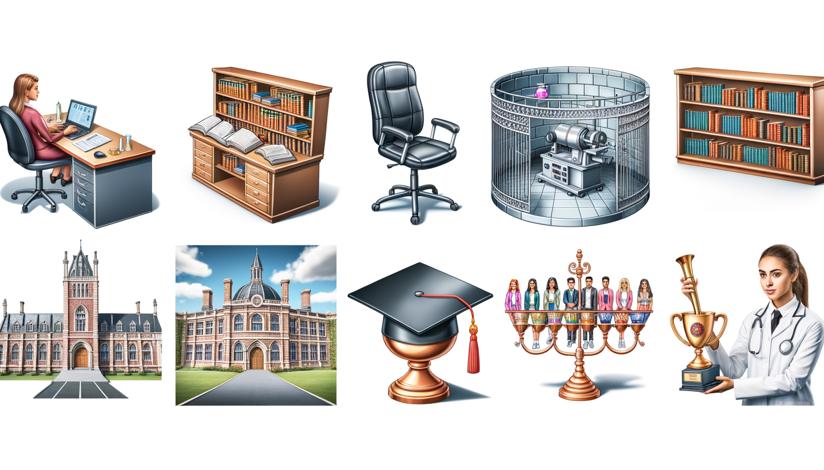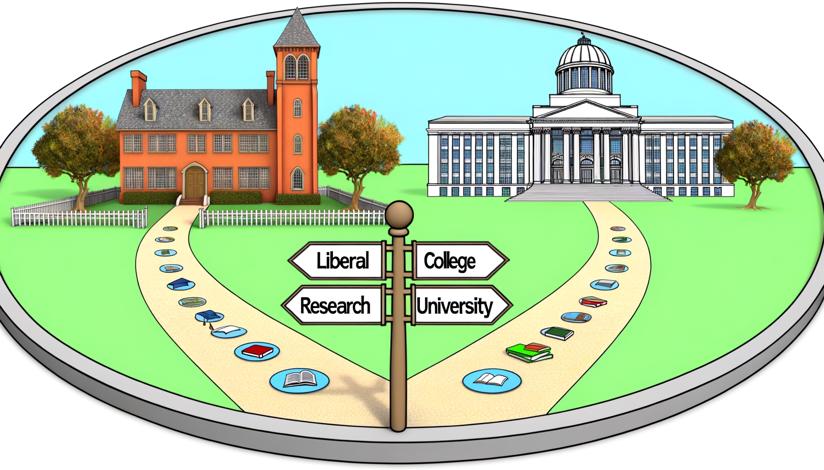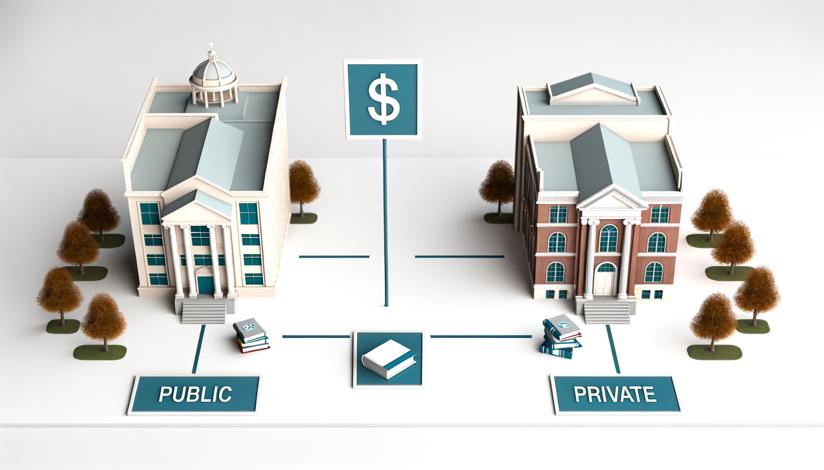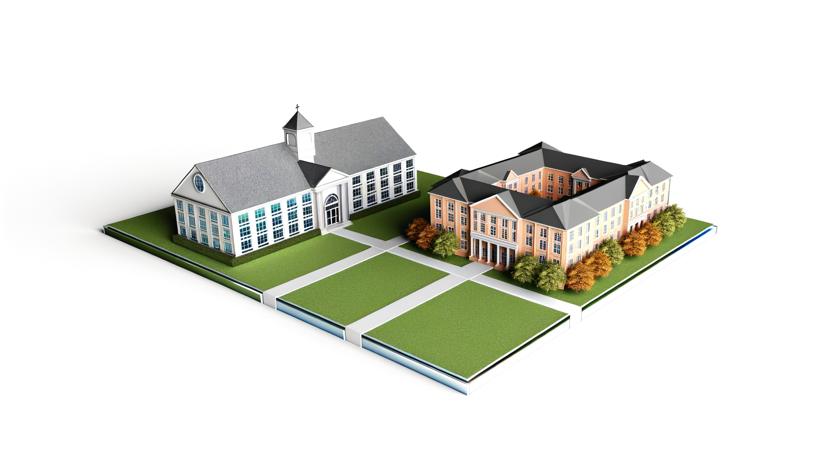
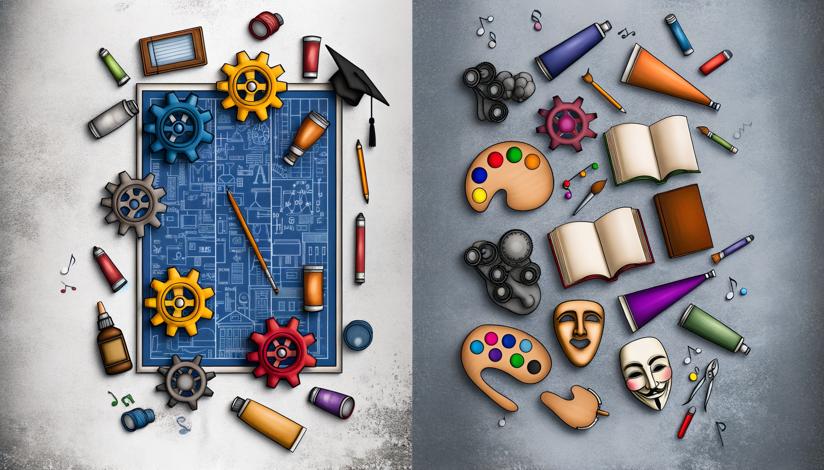
Technical colleges, also known as vocational or trade schools, primarily focus on equipping students with practical skills required for specific industries. These colleges offer programs in areas such as engineering, healthcare, culinary arts, automotive, and more. The curriculum is designed to provide hands-on training and industry-specific knowledge.
One of the main advantages of technical colleges is the shorter duration of programs. Most programs can be completed within a year or two, allowing students to enter the workforce quickly. Moreover, technical college graduates often have higher employability and job placement rates due to the specialized skills they acquire.
On the other hand, liberal arts colleges provide a well-rounded education with a focus on the humanities, social sciences, natural sciences, and arts. These colleges emphasize critical thinking, communication, and problem-solving skills. Liberal arts graduates often pursue careers in fields such as education, journalism, research, and public service.
One major advantage of liberal arts colleges is the flexibility of the curriculum. Students have the opportunity to explore various disciplines, which can lead to a broader knowledge base and a more holistic approach to problem-solving. Additionally, liberal arts graduates tend to possess strong communication and analytical skills, making them adaptable to a wide range of careers.
In terms of disadvantages, technical colleges may have limited opportunities for academic exploration beyond the chosen field. Students may miss out on the liberal arts experience, including exposure to diverse perspectives and interdisciplinary learning. Furthermore, some employers may prefer candidates with a broader educational background.
On the other hand, the flexible nature of a liberal arts education may not provide the same level of specialized training as a technical college. Graduates may require additional certifications or training to enter certain industries. Additionally, some technical professions may require specific technical skills that are not covered extensively in a liberal arts curriculum.
In conclusion, the choice between a technical college and a liberal arts college largely depends on individual career goals, preferences, and interests. Technical colleges offer specialized training and quicker entry into the job market, while liberal arts colleges provide a broader education and a foundation for various professions. It is important for students to carefully evaluate their career aspirations and consider the advantages and disadvantages of both options before making a decision.

Specialized training
Quick entry into the job market

Limited academic exploration
Possible preference for broader educational background














-
https://www.usnews.com/education/best-global-universities/national-universities
-
https://www.insidehighered.com/admissions/views/2018/07/17/how-combine-technical-skills-centered-education-liberal-arts






















